How to Study for Organic Chemistry? What Am I Doing Wrong?
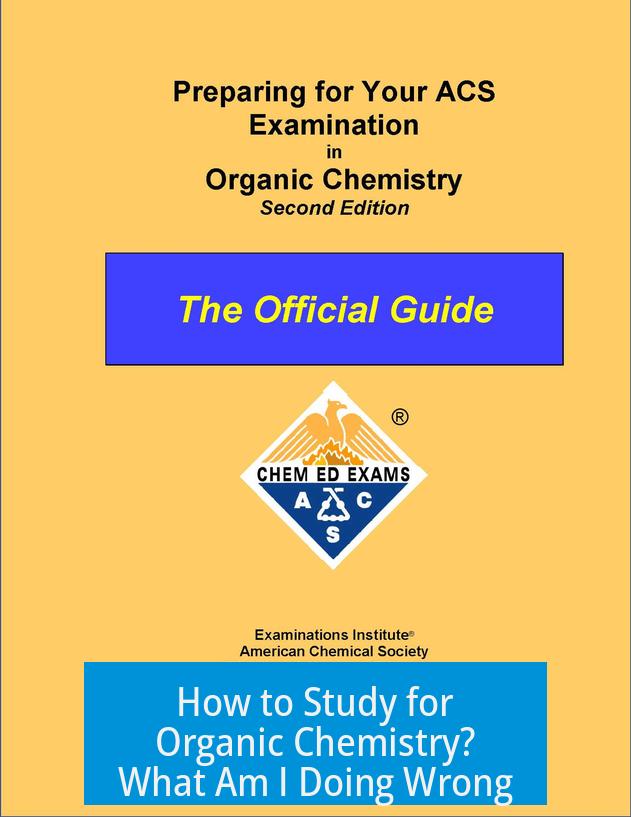
Effective study of organic chemistry requires shifting the focus from memorization to active problem solving. Avoid over-reliance on flashcards and passive reading. Instead, prioritize understanding core concepts like electronegativity and resonance, practice mechanisms through trial and error, and use targeted resources such as tutors and online videos.
Common Mistakes in Studying Organic Chemistry
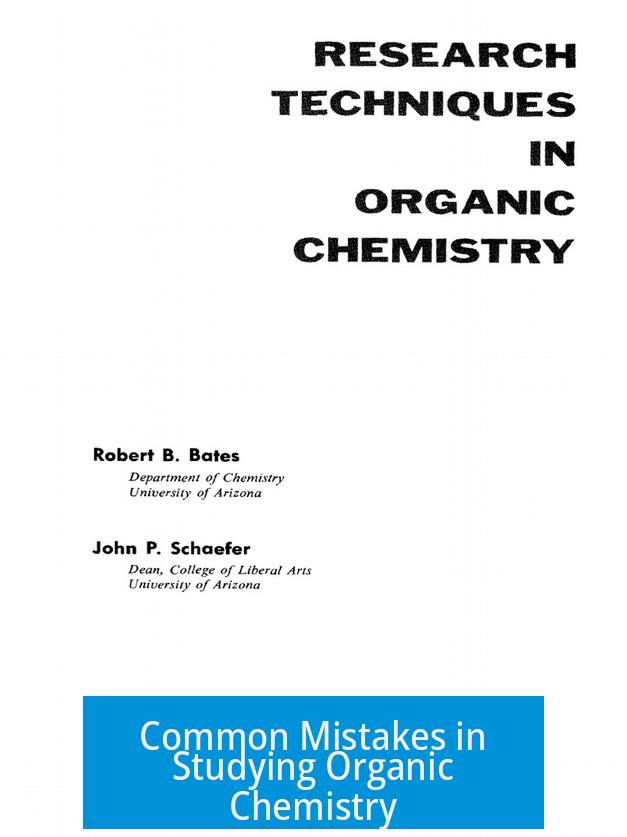
Many students struggle because they emphasize memorizing reactions without doing enough practice. They fear making mistakes, so they try to learn all the material passively before attempting problems. This approach backfires since organic chemistry relies on applying concepts creatively rather than rote recall.
Another mistake is trying to master every detail immediately. This leads to frustration and stalled progress. Instead, write down confusing points and seek clarification later from a tutor or resources.
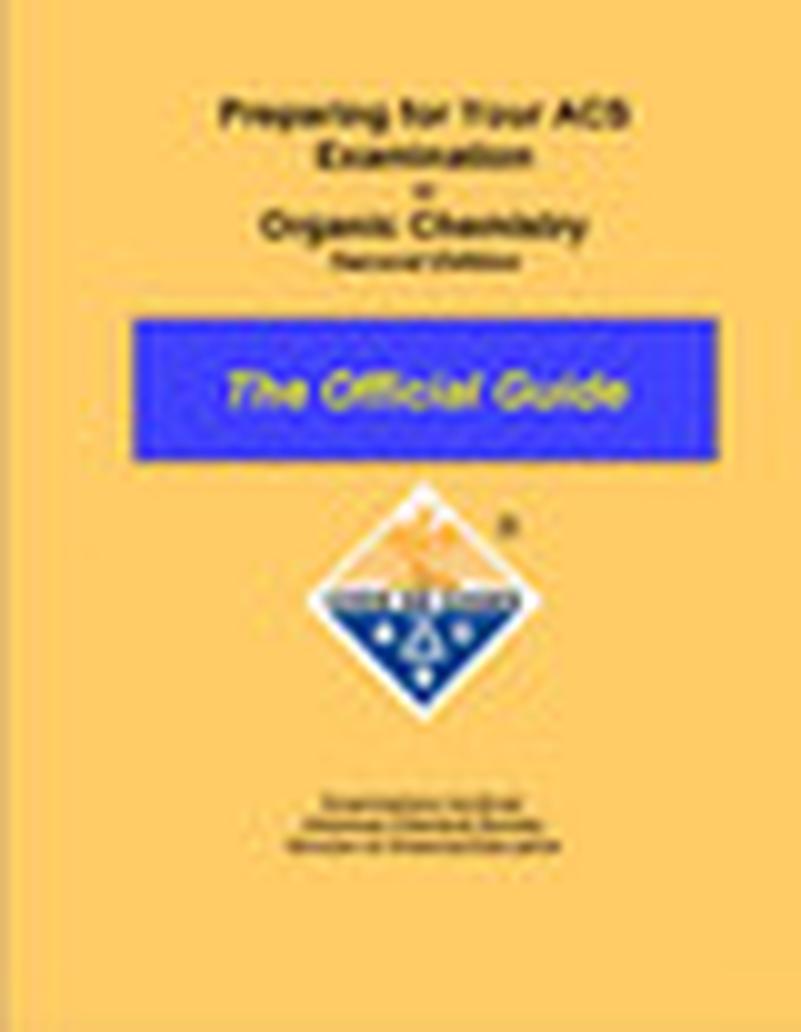
Students often misuse flashcards. Pure memorization of reagents or mechanisms via flashcards is less effective than integrating them to prompt active recall and problem solving.
Shift Focus to Practice and Understanding
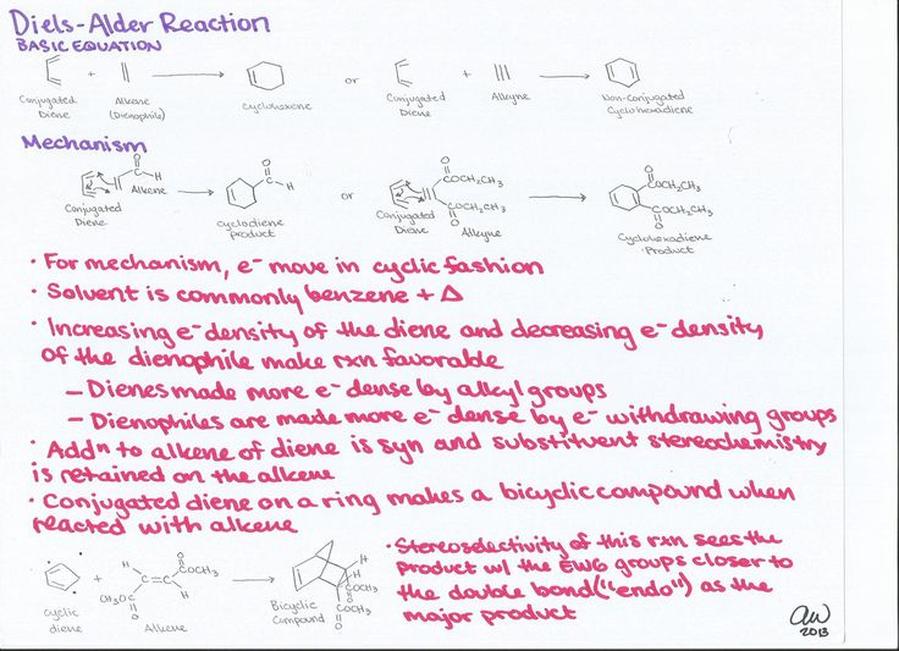
Organic chemistry is best learned like a language or mathematics. This means doing many diverse problems, working through mechanisms step-by-step, and embracing mistakes as learning opportunities. Problem-solving stimulates creativity and understanding more than rereading or memorization.
Practice on a whiteboard or paper allows easy correction and iteration. Wiping away a wrong solution mentally “unsticks” the error and encourages trying again.
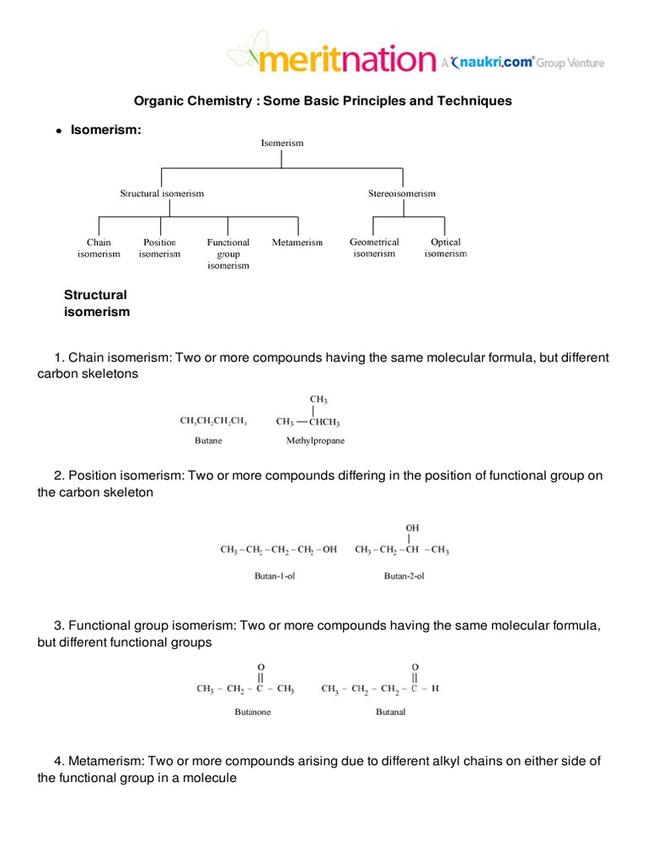
Key Concepts to Focus On
- Electronegativity and Acid-Base Theory: Know how electrons move from negative nucleophiles to positive electrophiles.
- Resonance Structures: Learn how electrons delocalize and how this stabilizes molecules.
- Hybridization: Understand orbital types and their influence on molecular shape and reactivity.
- Reaction Mechanisms: Grasp stepwise electron shifts rather than memorizing each reaction.
Mastering these helps predict outcomes without brute-force memorization.
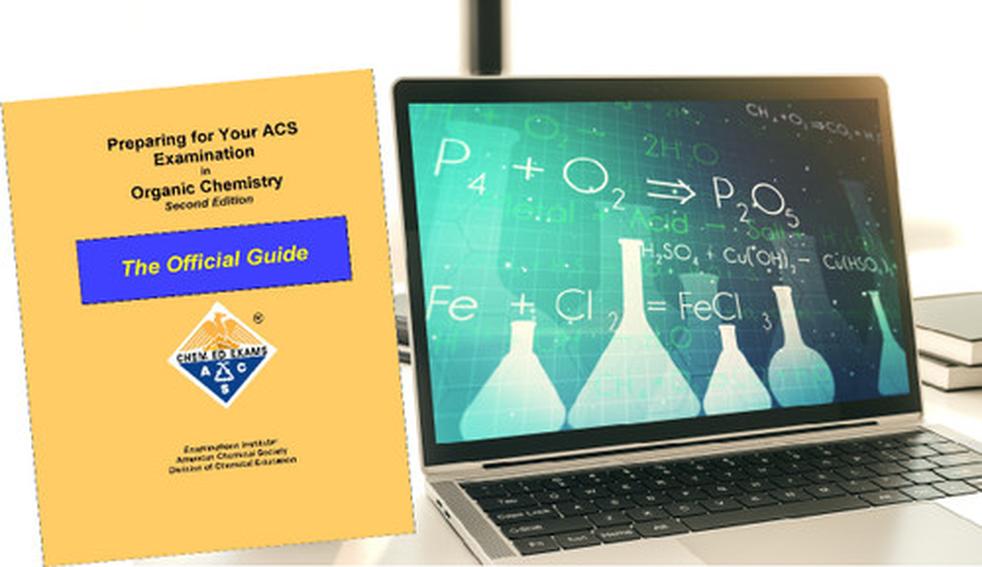
Effective Study Techniques
Study sessions should balance brief theoretical review with intense problem practice. Spending 3 to 5 hours reading while dedicating up to 10 hours on problem-solving improves comprehension and retention. Structure study time as follows:
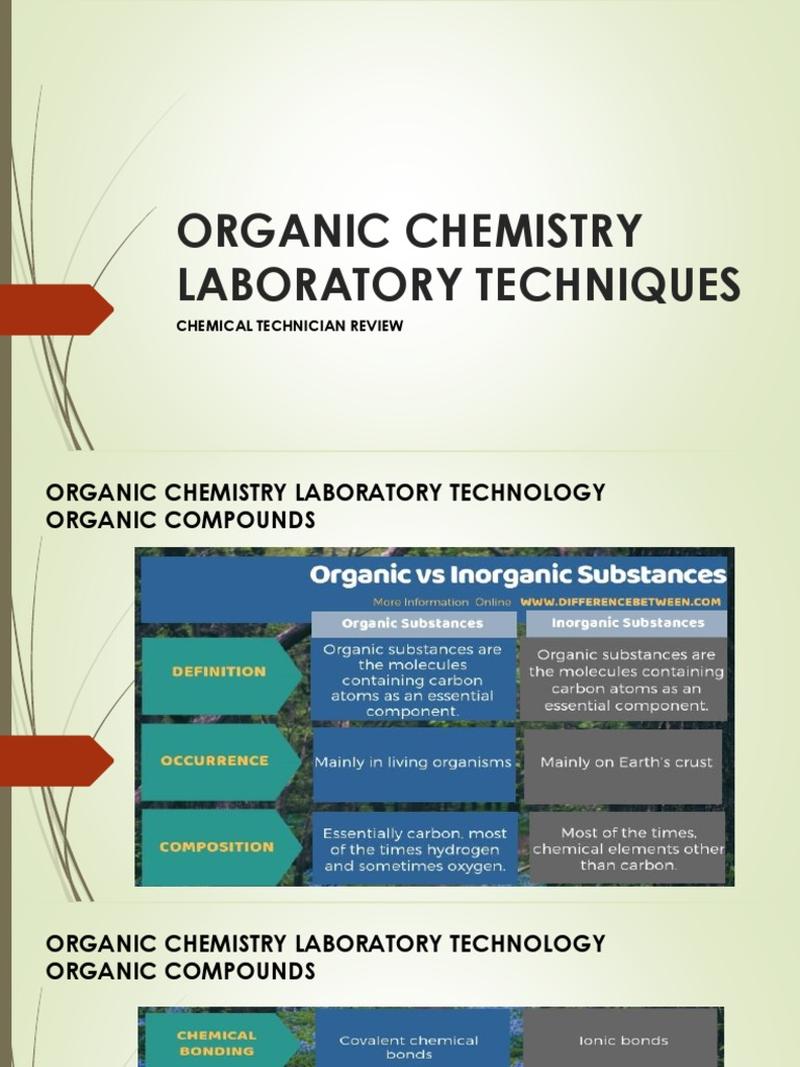
- Skim core content (e.g., from “Organic Chemistry as a 2nd Language”).
- Complete practice problems before homework to build confidence.
- Use a solutions manual to check work and understand mistakes.
- Rewrite notes to reinforce understanding.
- Engage with a tutor one or two times weekly to clarify questions.
Maintain consistent study habits, such as 2-3 hours daily for six days a week.
Utilizing Resources for Better Learning
Technology and tutors augment learning. Use apps like Anki for spaced repetition flashcards focused on mechanisms and concepts rather than raw memorization. Syncing across devices helps study flexibility.
Free online resources like The Organic Chemistry Tutor on YouTube and Khan Academy explain concepts clearly. Watching lab experiment videos visually ties theory to practice.
How to Approach Problem Solving
Accept that many organic problems have multiple correct solutions. For example, synthesizing a tertiary amine can involve different pathways, both chemically valid. Explore various approaches to build flexibility and deepen understanding.
Seek problems with diverse tasks: identifying hidden reagents, drawing mechanisms, rationalizing stereoselectivity, and more. This variety strengthens problem-solving skills across contexts.
Recommended Study Workflow
| Step | Action | Purpose |
|---|---|---|
| 1 | Skim theory chapter briefly | Gain overview without overloading |
| 2 | Attempt several practice problems | Apply theory and identify gaps |
| 3 | Review solutions and understand mistakes | Learn from errors and deepen insight |
| 4 | Write down unclear points, ask tutor or review later | Prevent blockage and ensure progress |
| 5 | Use flashcards or apps to reinforce mechanisms | Consolidate memory with active recall |
| 6 | Repeat and expand to more challenging problems | Build versatility and creativity |
What to Avoid Doing
- Do not rely solely on flashcards for memorization.
- Avoid trying to master every reaction step on the first pass.
- Don’t neglect problem-solving practice in favor of only reading theory.
- Do not get stuck on confusing details; move on and revisit later.
- Avoid long nonstop study sessions that lead to confusion and burnout.
Summary of Key Takeaways
- Focus on active problem solving instead of pure memorization.
- Master core concepts such as electronegativity, resonance, and hybridization.
- Practice diverse problems regularly, using whiteboards or paper for flexibility.
- Use tutors and online video resources to clarify complex ideas.
- Incorporate spaced repetition tools like Anki for effective review.
- Accept multiple solutions and build chemical creativity.
- Maintain consistent, structured study sessions balancing theory and practice.
- Write down unclear points and resolve them later to avoid stall.
How to Study for Organic Chemistry? What Am I Doing Wrong?
Organic chemistry often feels like a wild jungle of molecules, reactions, and confusing mechanisms. You may be asking yourself right now, “What am I doing wrong?” The short and strong answer is: you’re likely over-memorizing and under-practicing. But hold up — there’s more to this story. Let’s dive deeper into what trips most students up and how to flip your approach to studying organic chemistry for good.
Why You’re Struggling: The Memorization Trap
Many students hit organic chemistry like it’s a trivia contest. They cram flashcards, memorize every reagent, every reaction, and somehow believe that will suffice. It doesn’t. Overstudying theory without practical problem solving is a guaranteed misstep. Does this sound like you? Spending hours reading and rereading chapters but freezing at problem sets? You’re not alone. A common experience is fear of getting problems wrong, so students opt to memorize everything first. But in organic chemistry, mistakes are the stepping stones to mastery.
Think of it like learning a language. You can study vocabulary all day, but without forming sentences and speaking, you won’t get fluent. Similarly, organic chemistry demands active problem solving over rote memorization.
The Magic of Problem Solving: Practice Is Your New Best Friend
Here’s the golden rule: do more problems and do them before homework. Yes, before your homework. Why? You want homework to feel like bonus practice, not your first experience grappling with concepts. Start with a small set of problems, work through them on a whiteboard or paper, then move to the next batch.
Using a whiteboard with expo markers is a simple but mighty tool. It lets you erase mistakes fast, which means you’ll stress less about “getting it wrong”. Mistakes become just temporary puzzles on the board, not permanent scars on your confidence.
Remember, every problem you solve teaches you more than any number of flashcards can. Don’t avoid mistakes — chase them. Examine errors, understand why the mechanism fails, rinse, and repeat.
Stop Flashcard Overkill (But Don’t Dump Flashcards Totally)
Flashcards often get a bad rap, and for good reasons. Mindlessly memorizing entire reaction schemes on tiny cards is painful and ineffective. Instead, use flashcards to prompt thinking, not memorization. For example, create cards that show reactants asking you to write out the mechanism. This turns passive review into active recall. Apps like Anki shine here. Sync your flashcards across devices and pepper them with screenshots of mechanisms from your ebook or lecture notes.
That said, if your current flashcard habit is just rote learning, toss it. It’s time to switch gears.
Master Core Concepts, Not Every Reaction Step
Information overload is real. Trying to nail every last detail from the start only muddies the waters. Focus on essentials: electronegativity, resonance, hybridization, acids and bases, and the basics of how electrons like to move. When you understand why electrons chase positive centers or why resonance stabilizes a molecule, the rest falls into place much easier.
This core understanding reduces your need to brute-force memorize every mechanism. Instead, you can predict reaction pathways logically.
Confused? Don’t Waste Time Stuck. Write It Down and Ask.
Organic chemistry is complicated. If you stumble on a concept, jot it down. Don’t try to force comprehension right then and there. Either revisit later or ask for help—from a tutor or online source. This avoids mental burnout and wasted effort.
Spend Time Wisely: A Balanced Study Plan
How much time should you spend? Aim for 2-3 focused hours daily, six days a week. Spend a little time rereading or skimming theory, ideally before lectures, but dedicate most of your hours to doing problems. Some successful students report spending 3-5 hours on a single chapter’s problems alone.
Using solution manuals helps validate your answers and understand mistakes. Seeing worked solutions side-by-side can unravel tricky problem-solving processes for you.
Get Outside Help: Tutors, Videos, and Online Resources
If you’re lost despite trying, consider booking sessions with a skilled tutor. One to two sessions weekly, combined with your own practice, can turbocharge your progress. Tutors help answer questions, clarify confusing topics, and tailor guidance to you.
Also, don’t underestimate free online resources. Channels like The Organic Chemistry Tutor on YouTube explain concepts in digestible steps. Khan Academy and lab experiment videos illustrate mechanisms visually, adding deeper understanding.
Organic Chemistry Isn’t One-Size-Fits-All
Did you know that many reactions have multiple valid solutions? That’s right. Creativity and flexibility are part of the game. When asked to synthesize a target molecule, multiple pathways often exist. Don’t stress about finding “the perfect answer.” Instead, get comfortable with exploring different options and reasoning their merits.
A Realistic Example Study Cycle
- Before Lecture: Skim your reference handbook like Organic Chemistry as a Second Language by Klein.
- During Study Time: Do practice problems on a whiteboard. Focus on applying core concepts like electronegativity and resonance.
- Flashcards and Review: Use apps like Anki to prompt yourself on mechanism routes, not just definitions.
- Confusion Notebook: Write down unclear points to ask your tutor or revisit online resources later.
- Tutor Sessions: Discuss tricky problems and clarify doubts in focused 1-2 hour weekly meetings.
- Homework: Use it as extra practice, not the first exposure to new problems.
Summary: What Are You Doing Wrong and How to Fix It?
Stop relying solely on memorization and flashcards. Stop freezing up at problem sets. Stop trying to figure out every detail in one go. Instead, shift your focus to active problem solving, understanding key concepts deeply, and embracing trial and error. Use whiteboards to erase mistakes quickly, leverage reputable tutors and online resources, and space out your practice thoughtfully with tools like Anki.
Organic chemistry is tough but conquerable. Your key weapon is creativity and practice, not passive reading or cramming. Flip your study habits today and watch how your confidence and grades will soar.
So, ready to toss those flashcards and pick up an expo marker? You’ve got this.
Q1: Why am I struggling with organic chemistry despite studying a lot?
You may be overstudying and relying too much on memorization. Organic chemistry needs practice. Start small, learn concepts, then solve problems. Avoid flashcards only and do active problem-solving to grasp material better.
Q2: How can I improve my problem-solving skills in organic chemistry?
Use a whiteboard and markers to work through mechanisms visually. Practice problems before homework. Trial and error helps you learn. Check your mistakes, understand why they happened, and repeat the process.
Q3: What study methods should I avoid in organic chemistry?
Avoid trying to memorize every reaction and spending too much time on theory without applying it. Don’t waste time forcing yourself to understand difficult topics immediately. Write questions down and revisit them with help.
Q4: How important are tutors and online resources for studying organic chemistry?
Tutors can provide focused help with concepts that confuse you. Online videos like The Organic Chemistry Tutor on YouTube are good for explanations. Use both to complement your problem practice and build understanding.
Q5: What core concepts should I focus on instead of memorizing details?
Focus on orbitals, electronegativity, resonance, and hybridization. These explain how reactions work and help you predict mechanisms. Understanding these reduces the need to memorize every step.


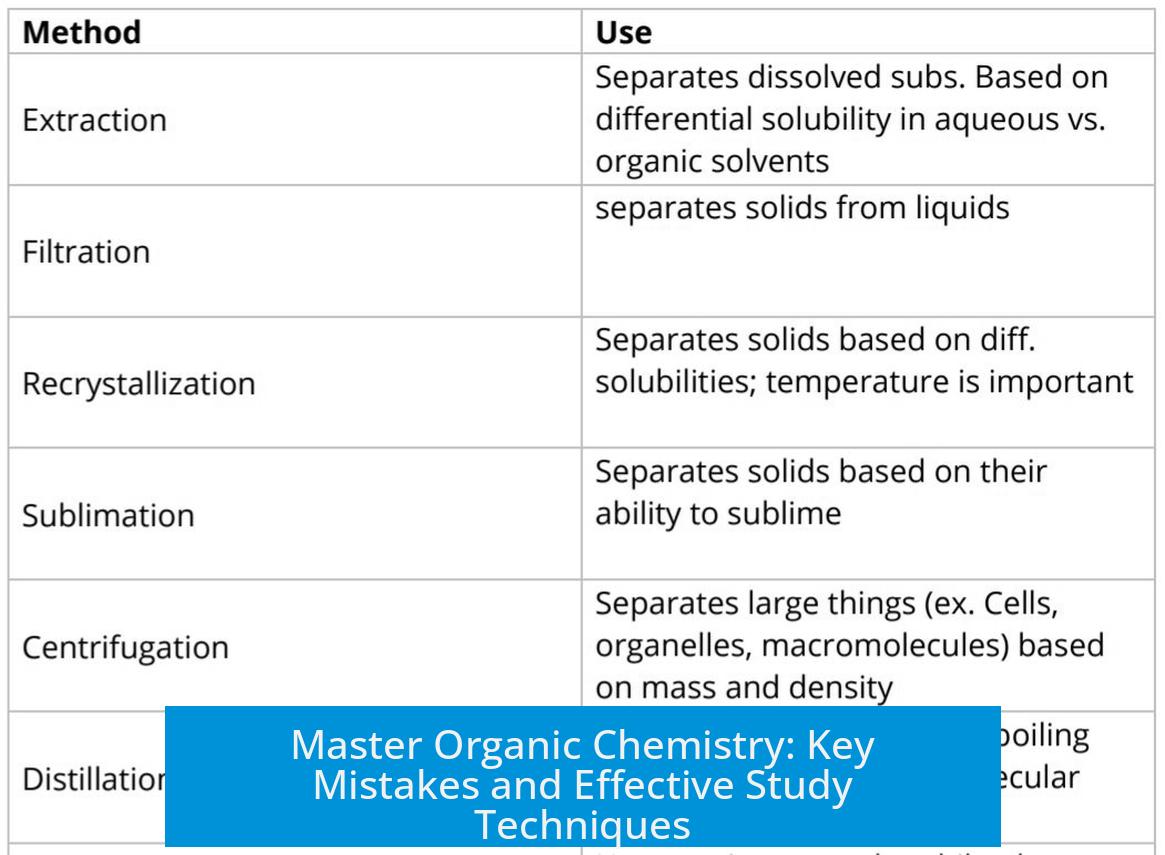

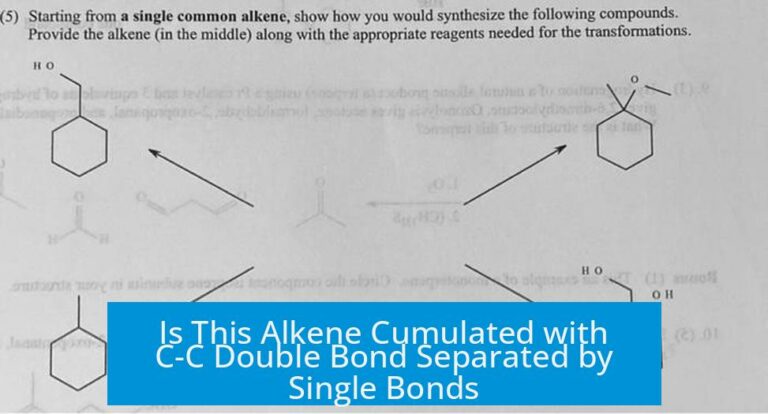
Leave a Comment